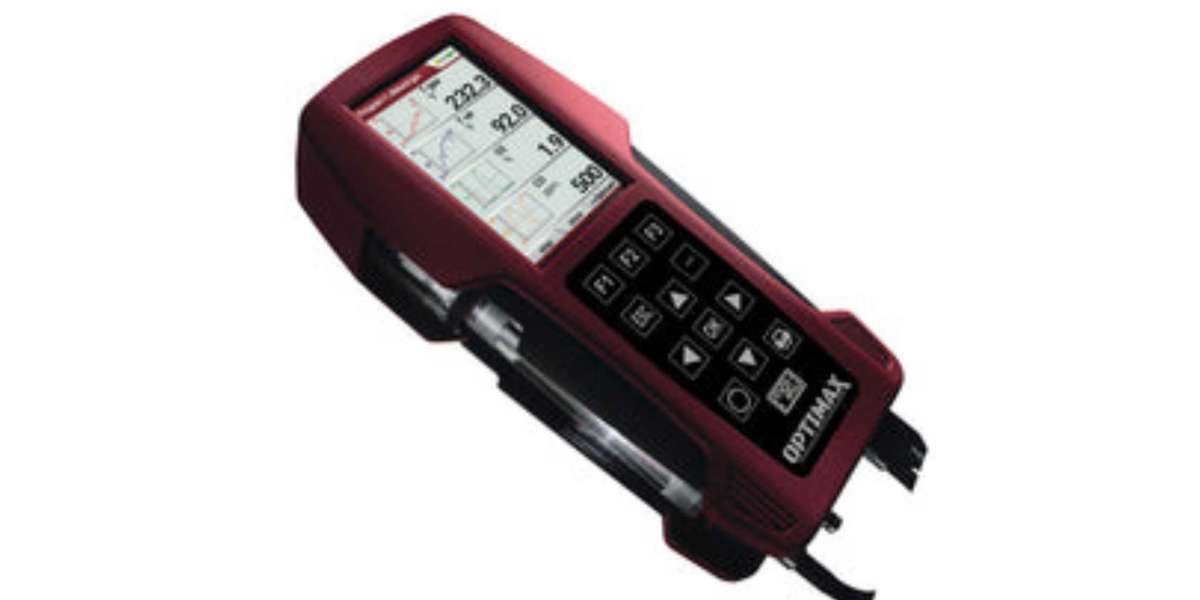A reliable MRU analyzer can help monitor gas emissions, detect leaks, and ensure that your facility adheres to environmental regulations. However, with a multitude of options available, it's important to consider several factors before making a decision. This guide will help you navigate the complexities of selecting a gas analyzer that meets your specific needs.
Understanding Your Needs
Before diving into technical specifications and brands, take a moment to evaluate the specific requirements of your facility. Here are some questions to guide you:
- What gases do you need to measure?
Identify the specific gases relevant to your operations, such as CO2, NOx, SO2, or volatile organic compounds (VOCs). - What is the concentration range of these gases?
Understanding the expected concentration levels will help you choose an analyzer that can accurately measure within that range. - What are your regulatory requirements?
Be aware of the local and federal regulations that govern gas emissions in your industry. This will help ensure that the analyzer you select meets compliance standards.
Types of Gas Analyzers
There are various types of gas analyzers available, each suited for different applications. Here are the main categories:
- Portable Gas Analyzers: Ideal for fieldwork, these are easy to transport and often battery-operated.
- Stationary Gas Analyzers: Designed for continuous monitoring, these analyzers are typically installed in a fixed location within your facility.
- Multi-Gas Analyzers: Capable of measuring several gases simultaneously, these analyzers provide comprehensive data for various applications.
Key Features to Consider
When selecting a gas analyzer, it's essential to focus on features that align with your operational needs. Consider the following:
1. Accuracy and Precision
- Ensure that the analyzer offers high accuracy and precision levels to maintain reliable readings.
- Look for manufacturers that provide calibration standards and certificates.
2. Response Time
- A fast response time is critical, especially in emergency situations.
- Investigate the analyzer's specifications to confirm its reaction time to gas concentration changes.
3. Data Logging and Reporting
- Many modern gas analyzers come with data logging capabilities that allow for tracking and analyzing historical data.
- Check if the device can export data for reporting and compliance documentation.
4. User Interface and Software
- A user-friendly interface makes it easier for staff to operate the analyzer.
- Some models offer sophisticated software for real-time monitoring and advanced data analysis.
5. Maintenance and Support
- Understand the maintenance requirements, including calibration and sensor replacement.
- Investigate the manufacturer’s customer support options for troubleshooting and repairs.
Budget Considerations
While cost should not be the only factor, it's certainly an important consideration. Here are some tips to help you budget effectively:
- Initial Cost vs. Long-term Value:
Consider the total cost of ownership, including maintenance and operational costs, rather than just the initial purchase price. - ROI Analysis:
Assess how the analyzer will impact your operations, such as improving safety, efficiency, and compliance. A higher initial investment may pay off through reduced risks and enhanced productivity.
Choosing the Right Brand
Selecting a reputable brand can significantly impact the quality and reliability of your gas analyzer. Research different manufacturers and their products. Look for:
- Industry Reputation:
Check reviews, testimonials, and case studies from other users in your industry. - Warranty and Service:
Ensure that the brand offers a solid warranty and reliable customer service for ongoing support.
Training and Implementation
Once you've selected a gas analyzer, don’t overlook the importance of training. Proper training for your team can lead to:
- Accurate Readings:
Well-trained staff are less likely to make operational errors that could compromise data integrity. - Enhanced Safety:
Understanding how to use the analyzer correctly can prevent accidents and ensure compliance with safety regulations.
Conclusion
Selecting the right gas analyzer for your facility is a multi-faceted decision that requires careful consideration of your specific needs, regulatory requirements, and the technical specifications of the devices. By evaluating factors such as accuracy, response time, data logging, and budget, you can make an informed choice that not only meets your immediate requirements but also supports long-term operational goals.
Whether you’re looking at portable options or considering a more comprehensive MRU analyzer for continuous monitoring, taking the time to research and evaluate your options will pay off in enhanced safety and compliance. With the right gas analyzer in place, you’ll not only protect your facility but also contribute positively to environmental sustainability.







